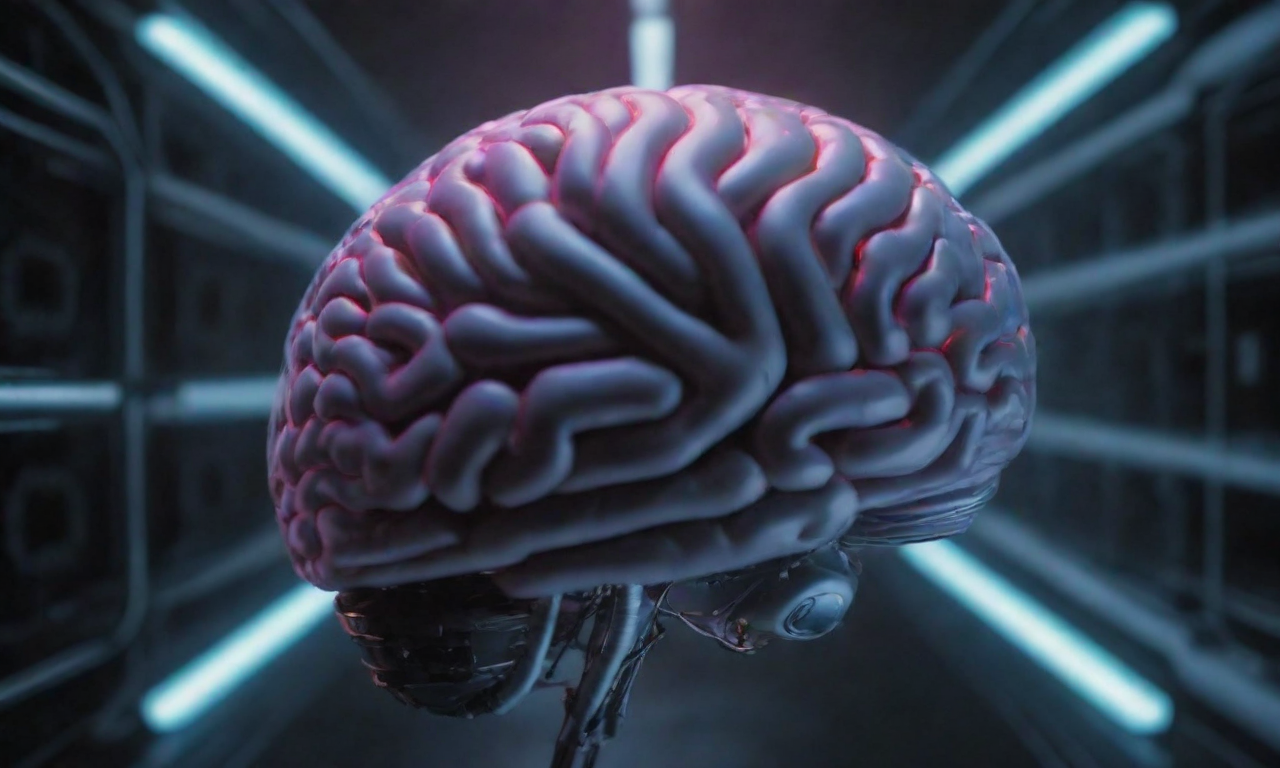The ovaries, as one of the important reproductive organs in women, are responsible for the secretion of estrogen and progesterone.
These hormones are not only related to fertility, but also have an influence on women's skin condition, body curves, and hair.
What's particularly concerning is that with the impact of external environmental factors and unhealthy habits such as staying up late, sitting for long periods, and excessive dieting, ovarian aging is becoming younger and younger...
Signs of Ovarian Aging
As age increases, gradual aging of organs is normal. However, if the following symptoms appear too early, it may indicate a problem with your ovarian function.
➊ Menstrual abnormalities
"Shortening of the menstrual cycle" is the earliest sign of ovarian aging, followed by a decrease in menstrual flow, irregular menstrual cycles, infrequent menstruation (longer cycle), and amenorrhea.
➋ Decreased estrogen levels
Hot flashes, sleep disturbances, skin issues, dryness of the vagina, decreased libido, emotional instability, and irregular heartbeat, among others. These symptoms vary, but all affect key aspects of health.
➌ Decline in fertility or infertility
Despite putting in a lot of effort to conceive, the womb remains empty. After ruling out abnormalities in the spouse, uterus, and fallopian tubes, it is especially necessary to be vigilant about declining ovarian function.
What can be done about premature ovarian aging?
To know how to prevent and treat it, it is necessary to first identify the causes of ovarian aging.
There are many factors that contribute to premature ovarian aging, such as:
Genetic factors: Early menopause in mother or grandmother
Psychological state: Prolonged anxiety, depression, and high stress levels
Dietary factors: Long-term smoking, excessive alcohol consumption, and other unhealthy habits
Immune factors: Autoimmune abnormalities, such as Hashimoto's thyroiditis
Medical history: Ovarian surgery, chemotherapy, and infections such as mumps virus or pelvic inflammatory disease
Environmental factors: Long-term exposure to high noise environments or contact with chemical pollutants
......
The treatment plan varies depending on the cause.
If symptoms of accelerated ovarian aging are detected, it is advisable to consult a doctor in a timely manner. Let the doctor help confirm whether there are any abnormalities in ovarian function, identify the causes of the abnormalities, and intervene promptly.
Especially for women who havelong-term sleep deprivation, unhealthy weight loss, smoking, and excessive alcohol consumption.
Premature ovarian aging not only accelerates the aging of a person's appearance and body, but also affects fertility. However, with proactive and proper treatment, early-stage decline in ovarian function can be effectively managed.
If left untreated or not properly treated, it can lead to more serious conditions such as premature ovarian failure. Premature ovarian failure is irreversible, so early detection and control are recommended.
Rather than searching and worrying online, it is better to consult a doctor one-on-one online. Let the doctor assess the severity of your condition based on your situation, and determine whether further treatment at the hospital is necessary.
Is a three-day menstrual period a sign of premature ovarian failure?
Abdominal pain and blood clots during menstruation, what could it be?
Poor complexion and facial pigmentation, are they signs of ovarian problems?
......
Consult a Gynecologist for Ovarian Issues
????
*When seeking online medical consultation, it is recommended to provide comprehensive case information with clear diagnosis, such as outpatient medical records and diagnostic certificates, to help doctors make accurate assessments of the condition.
Women's Challenges
Not just ovarian aging
In addition to menstrual disorders and infertility, many seemingly unrelated symptoms may indicate women's "gynecological" issues.
The following symptoms are likely to be familiar to many:
Vaginal itching, abnormal vaginal discharge with odor, yellowish discharge
Irregular menstruation, severe menstrual cramps
Abnormal bleeding from intimate area, painful sexual intercourse
Unexplained lower abdominal bloating and pain
......
Some women, after discovering these abnormalities, tend to dismiss them, thinking they aren't a big deal because they haven't reached the point of unbearable pain. Others find it difficult to talk about diseases related to intimate areas.







